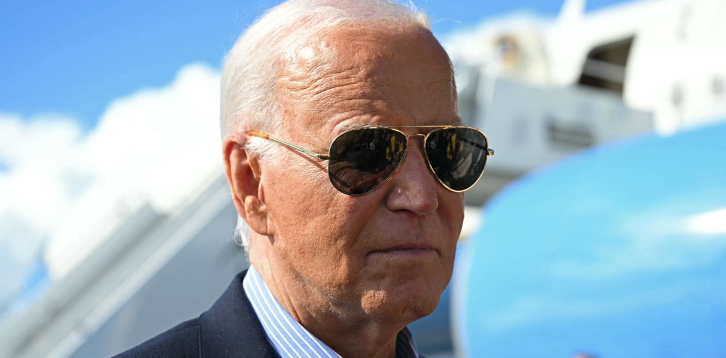Biden Faces Pressure but Resists Using Presidential Power to End Port Strike

President Joe Biden is facing significant pressure from the shipping and transportation industries to use his presidential powers to intervene in the ongoing port strike. Despite the mounting calls for federal intervention, Biden has thus far resisted taking direct action to break the strike. The labor dispute has disrupted supply chains and caused concern among industry leaders who are urging the administration to step in and ensure goods continue to flow through U.S. ports.
The strike, which involves key port workers in major hubs across the country, has put a strain on industries that rely heavily on imports and exports. From automotive manufacturers to retailers, businesses have warned that prolonged disruptions could cause widespread economic consequences. However, Biden has remained cautious about intervening in the dispute, citing the importance of letting negotiations play out between labor unions and port management.
Labor unions, including the International Longshore and Warehouse Union (ILWU), have argued for better wages and working conditions amid growing workloads. The strike has been seen as a larger battle for labor rights, and any attempt by the federal government to intervene could draw backlash from unions, a key part of Biden’s political base. The administration is reportedly closely monitoring the situation but remains hesitant to invoke the Taft-Hartley Act, a federal law that would give Biden the authority to end the strike.
Industry leaders, however, have warned that prolonged disruptions at ports could contribute to inflationary pressures and supply shortages, particularly in the lead-up to the holiday season. The balance between addressing economic concerns and supporting workers’ rights is at the center of the president’s decision-making process.





